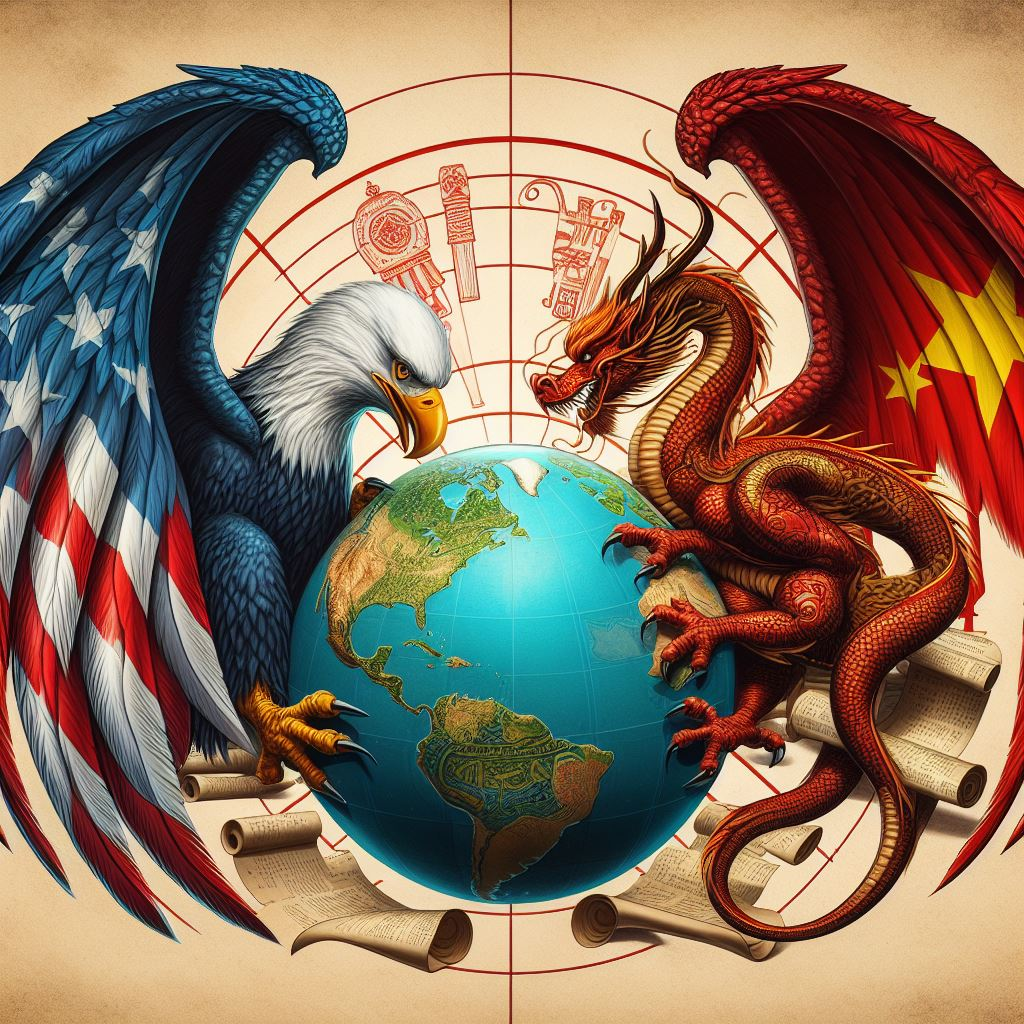
In the rapidly evolving digital landscape, few platforms have made as much noise or attracted as much attention as TikTok. The social media platform, known for its short, often creative video content, has seen an explosive rise in popularity, particularly among millennials and Gen Z. However, its meteoric rise has been accompanied by a flurry of challenges and controversies that have put the future of the platform in question.
From data privacy issues to geopolitical tensions and regulatory challenges, TikTok has found itself at the center of a global debate. As we grapple with these complex issues, we are forced to ask: Is it all over for TikTok?
The State of Profits: A Beacon of Hope

Despite the controversies and challenges surrounding it, one aspect of TikTok’s operations remains undeniably robust – its financial performance. The platform’s revenue saw an unprecedented rise in 2020, driven largely by its vast global user base and their propensity for in-app purchases. Sensor Tower, a leading provider of market intelligence and insights for the global app economy, reported that TikTok’s gross revenue for 2020 exceeded a remarkable $1.2 billion.
This marked an impressive 600% growth year-over-year. Although the ongoing challenges might cast a shadow over this growth trajectory, the financial figures paint a picture of a company that continues to be profitable despite its troubles.
The ability of TikTok to generate such significant revenue amid its issues underlines its popularity and the enormous potential it holds.
Government Laws and Their Impact: A Goliath to Contend With

One of the most formidable challenges that TikTok has had to contend with is the tightening of government regulations, particularly in significant markets like the United States and India. In the U.S., the Trump administration issued an executive order with the potential to ban TikTok unless it was sold to an American company.
This action was taken citing data privacy concerns, reflecting fears that the Chinese-owned application could be used as a conduit for China to spy on U.S. citizens. However, this order has since been put on hold by the Biden administration for review, providing a semblance of hope for the app’s continued survival in the American market.
On the other hand, in India, TikTok found itself caught in the crossfire of escalating border tensions between India and China. The Indian government responded by banning several Chinese apps, including TikTok. These bans have undeniably dealt a significant blow to TikTok’s growth prospects in these markets, which are crucial for its global expansion plans.
China’s Perspective: A Staunch Defense
China’s stance on the TikTok situation has been quite defensive. The Chinese government has leveled accusations of political manipulation and bullying at the U.S., asserting that the concerns raised about TikTok’s data privacy are baseless and that the tech giant has always adhered strictly to international rules and standards.
Furthermore, China’s new export laws, which restrict the sale of certain types of technology to foreign firms without explicit government approval, have further complicated the potential sale of TikTok’s U.S. operations.
This move is widely interpreted as China’s retaliation against the U.S.’s pressure on Chinese tech companies, and it signals the escalating tech war brewing between these two superpowers.
TikTok’s Strategy: A Forward-Thinking Approach

Regardless of the ever-increasing difficulties and challenges that have arisen, TikTok has exhibited a proactive and forward-thinking approach in order to navigate through these complex and challenging times. The innovative social media company has initiated strategic discussions with several established U.S. corporations. The objective of these discussions is to explore the potential sale of its operations within the United States.
This action is a clear demonstration of TikTok’s commitment to abide by the rules and regulations of the markets in which it operates. Furthermore, it shows the company’s dedication towards addressing and mitigating the security concerns and apprehensions that have been raised by the U.S. government.
Moreover, it has significantly ramped up its lobbying efforts to influence the policy environment in its favor. TikTok has also begun construction on a data center in Ireland designed to store European user data. This development is seen as a strategic step towards reassuring its European market and government bodies about its commitment to data privacy.
Conclusion
Despite encountering a multitude of challenges, TikTok’s proactive approach to problem-solving and its robust financial performance strongly suggest that it is far from reaching the end of its journey as a social media platform.
The dynamic and constantly evolving nature of the digital world means that the future will undoubtedly present more obstacles and hurdles for TikTok to overcome. However, given its demonstrated resilience and adaptability in the face of adversity, it is reasonable to predict that TikTok will not only continue to exist but should also continue to play a significant role in shaping the global digital landscape.

Its influence in the digital world is far-reaching and it has proven time and time again that it can hold its own amidst fierce competition and rapidly changing consumer preferences.
